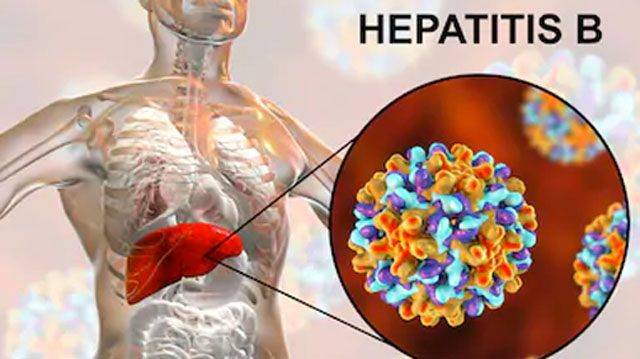A public health expert, Dr. Cindy Iheanetu, has urged the Federal Government to adopt stricter, data-driven preventive health policies to curb the spread of hepatitis B and reduce maternal mortality in Nigeria, warning that preventable diseases will continue to claim lives if the country fails to act decisively.
Speaking in Asaba, Delta State, on Wednesday, Dr. Iheanetu said Nigeria can drastically cut hepatitis B transmission rates through routine early testing and mandatory vaccination at birth, describing the country’s slow pace of immunisation uptake as a major threat to national health security.
“Nigeria has the potential to become a model for preventive health in Africa,” she said. “With the right policies, partnerships, and political will, we can drastically reduce preventable deaths and improve quality of life.”
Dr. Iheanetu lamented that many families—especially in rural communities—still lack access to timely childhood vaccination and accurate health information.
She called for deeper partnerships with community health workers, faith-based organisations, and traditional institutions to close the gap.
“Every life, regardless of geography, deserves a fair chance at good health,” she said, noting that her research focuses on hepatitis B transmission in sub-Saharan Africa and the need for African governments to improve vaccination rates through stronger policy frameworks.
Her ongoing work in infectious disease prevention, maternal and child health, and environmental health, she added, is aimed at promoting health equity and strengthening systems for early detection and prevention of life-threatening diseases.
Dr. Iheanetu also decried Nigeria’s persistently high maternal mortality rate, describing it as one of the most urgent public health crises driving her advocacy efforts.
“In Nigeria, every mother’s life should count,” she stressed. “We can reduce maternal deaths by improving access to prenatal care, supporting family planning services, and empowering young women to make informed health decisions.”
Drawing from her clinical experience in maternal health centres, she emphasised the need for data-driven models of care, improved monitoring, and better community engagement to ensure timely access to life-saving services.
Beyond infectious diseases, Dr. Iheanetu—currently an environmental research specialist—warned that Nigeria faces growing health threats from industrial waste mismanagement, poor sanitation, and contaminated water systems.
“Environmental health is public health,” she said. “Nigeria must invest in environmental monitoring and response systems. We need to ensure that communities have clean water, safe food, and healthy living environments.”
She criticised the persistent gap between scientific research and policy implementation in Nigeria, saying this disconnect is undermining national development.






